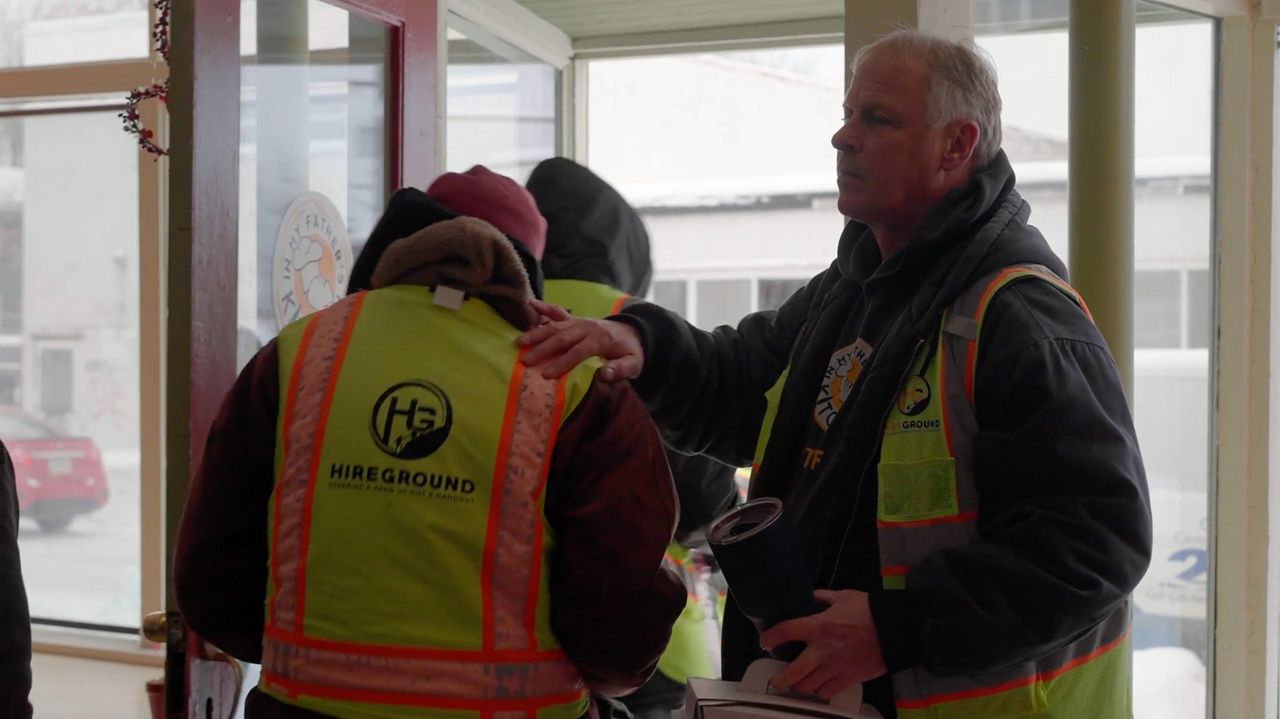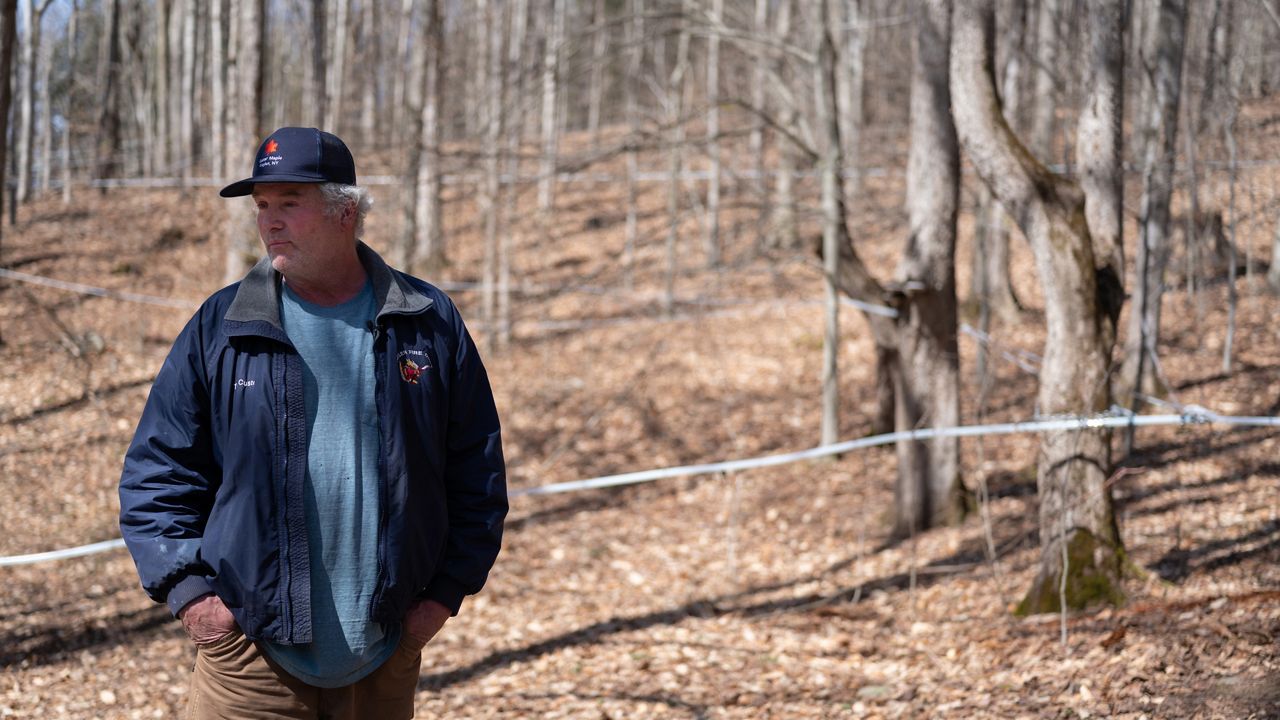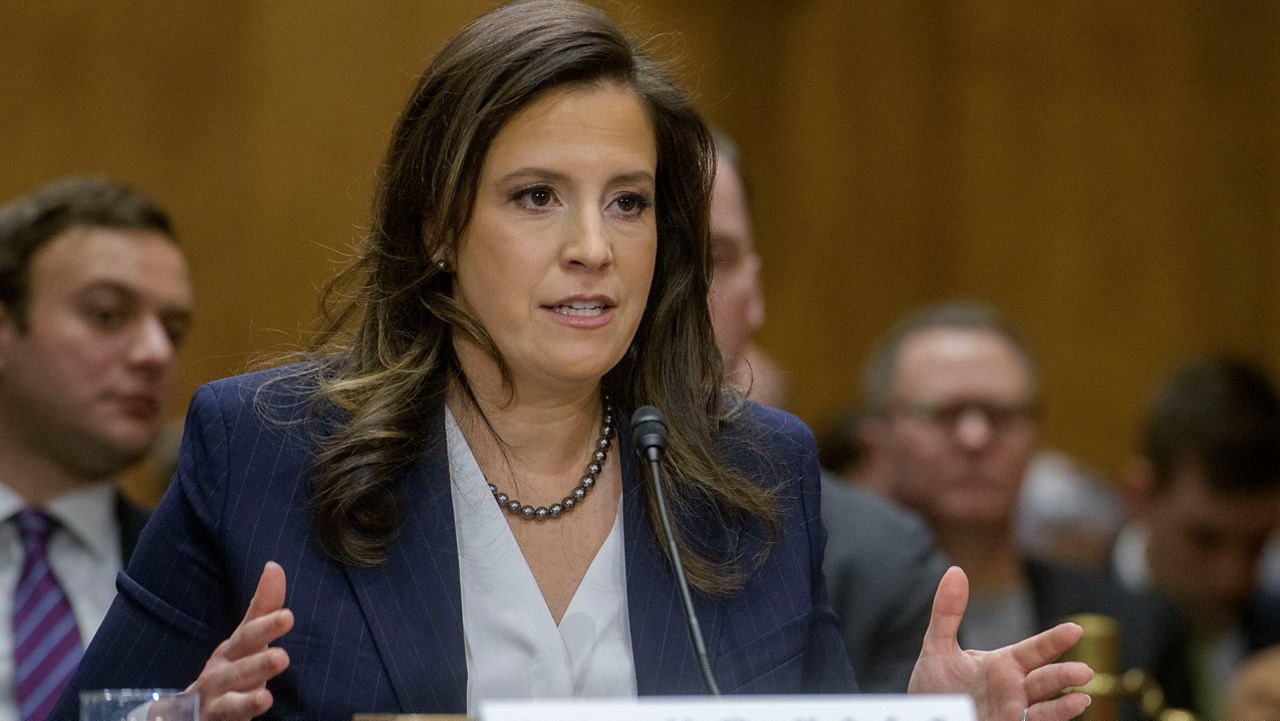According to a New York mental health needs assessment, two-thirds of first responders have experienced stress, and more than 50% have felt burnout and anxiety. First responders witness traumatic incidents on a regular basis, and while they're trained to help the community, now there's a team that's trained to help them in return.
Every day across New York, 911 dispatchers pick up the phone not knowing who or what emergency will be on the other end. And some incidents can be more traumatic than others, which can take a mental toll.
“Mental health matters. It's OK not to be OK. You're human. Things are going to get to you. Something that got to you today may not have ever gotten to you in the past, but something about that did,” said Danielle Schwarz, assistant team administrator for the Tompkins County Critical Incident Stress Management team.
Schwarz works with the Tompkins County Department of Emergency Response and is trying to improve the mental health for first responders throughout Tompkins County.
“January of ‘24, I lost my uncle to suicide, and that was a huge part of why I wanted to put so much effort into this,” said Schwarz. “It's really important personally and professionally to me. So, I want people to know that even in their darkest hour, there is somebody here. They just need to take the leap of faith and ask for help.”
The CISM team is a newly formed group of first responders, mental health professionals and clergy that support other first responders.
“I really thought that it was going to be like a counseling team where we'd go out and we'd help counsel our fellow first responders. Really, that’s not what we're here for,” said Joe Milliman, team lead with the CISM team. "We're here to listen to them as they need to talk and kind of get things off their chest. But really, we’re here to give them guidance on what they should and shouldn’t expect as they go through the grieving process."
Milliman and other members of the CISM team went through a two-day training to learn how to be a listening ear after traumatic incidents like fatal accidents.
“Historically, in the first response community, first responders are taught that if you can't handle the stress you're not made out for the job. And truthfully, we're all humans and we all have emotions and we all cope, the same as any other human. So we're trying to break that stigma,” said Milliman. “So as newer responders are coming into the industry, they’re bringing that mentality of it's OK to not be OK and that mental health matters and that they need to take mental health days and that they may need help with coping mechanisms. So, we're already seeing that shift take place. Really, where our barriers are is some of the long-term providers that are in the community, who've just had that mentality their whole life.”
When departments identify a difficult incident, they can request the CISM team to do a debrief with the first responders. So far, they’ve been deployed several times, and they say one of the challenges is getting some people to accept the help.
Later this year, the Tompkins County Department of Emergency Response is partnering with NAMI Finger Lakes to create the Overwatch Peer Support Program, an effort to even further provide mental health resources for first responders.









